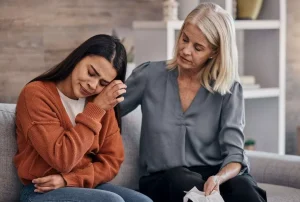
These are some of the reasons you feel more fatigued when you wake up after a night of drinking alcohol. Mayo Clinic suggests sipping on fruit juice or water to help relieve your dehydration and eating a small snack that’s easy on the stomach. how long does a hangover last You can also take an over-the-counter pain reliever if you have a headache, but be careful with acetaminophen (Tylenol).
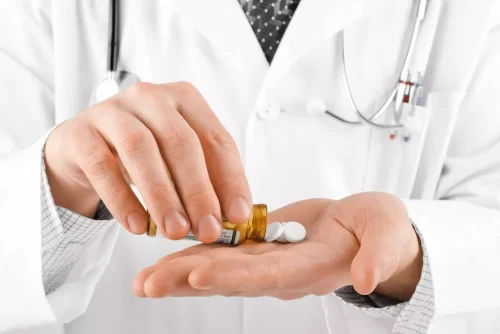
Support Groups
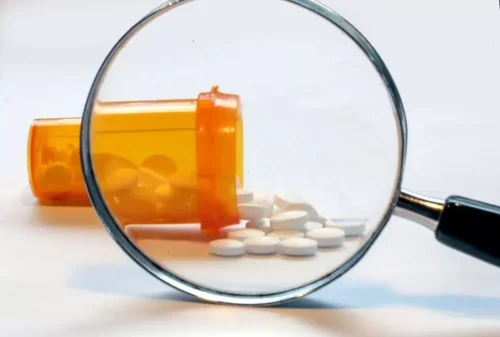
But how can you know if it is just a bad hangover or something more serious? Effective alcohol withdrawal management involves medical supervision, timely intervention, and a combination of detox programs, medications, and support groups. Recognition of the https://ecosoberhouse.com/article/xanax-addiction-signs-symptoms-and-treatment/ need for professional help and engagement in a structured treatment program makes a big difference in themselves. Keeping safety first and employing available resources can help individuals get through alcohol withdrawal toward a healthier, sober life.
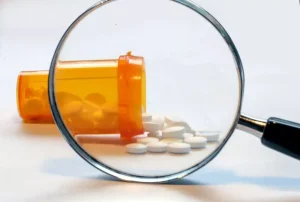
What are the severe symptoms of hangover?
Symptoms often reach their peak intensity at around 3 to 9 hours after use, slowly easing off over the next day and a half or so. Cocaine comedown refers specifically to Sober living house the effects of a ‘single session’ of cocaine abuse. The brain rapidly counteracts overstimulation, causing crash symptoms to set in within a few hours of the last use and, depending on several factors, last anywhere from 24 to 48 hours. Ideal for helping the liver to process the after-effects of too much alcohol, Take before you get the party started to line your stomach and protect your liver from the worst effects. A missed meal can also make hangovers last a lot longer, with Abdeh advising “you should always line your stomach with a meal before you start to drink.
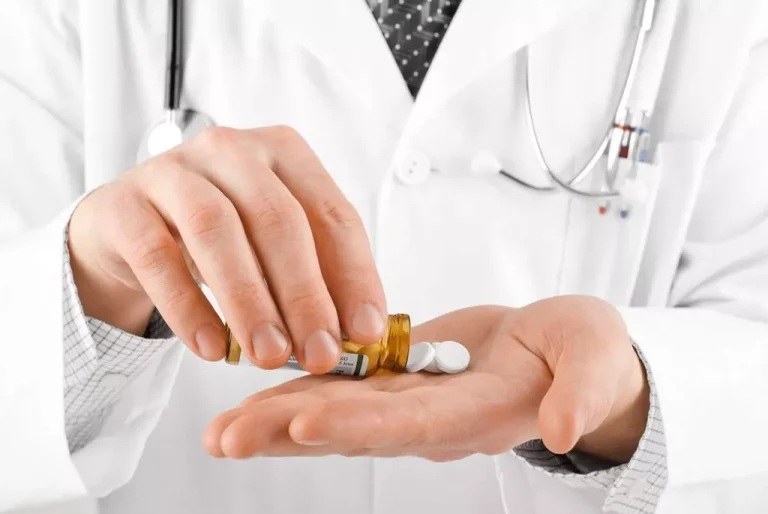
The symptoms last longer than a day.
A cannabis hangover can be an unpleasant experience, accompanied by mild nausea, brain fog, and other symptoms. However, it usually does not last longer than 24 hours and there are things that you can do to support your body through the process. Keep reading to learn more about what to expect and when to reach out to Catalina for additional support. One school of thought considers hangovers a mild form of alcohol withdrawal. In fact, many similarities exist between the symptoms of a hangover and alcohol withdrawal symptoms.
- Most importantly, individuals should hydrate with water or electrolytes.
- These symptoms occur because the brain and body have adapted to functioning with alcohol present and struggle to adapt when it’s absent from the bloodstream.
- Some people think you should take painkillers before bed when you’ve been drinking, but it’s important to avoid acetaminophen.
- Being physically active might seem like the last thing you want to do when recovering from excessive cannabis consumption.
But, if you’re 12 hours out from your last drink and symptoms continue to get worse, it could mean you’re in withdrawal. Managing alcohol withdrawal requires medical supervision to monitor vital signs and administer medications to alleviate symptoms and complications. Engaging in structured treatment programs, including detox and support groups, ensures a safer recovery. Some hangovers persist beyond hours or occur even after moderate drinking. If they happen often, it may be time to evaluate your drinking habits and consult with a mental health or healthcare professional. Yes, hydration significantly impacts how long do hangovers last.
- When you drink, alcohol holds back a brain chemical called glutamate.
- If you have not had a restful sleep, a hangover can be exacerbated, meaning you can feel a lot worse and it will last a lot longer.
- You may feel drunk after drinking even a small amount of alcohol.
- Dehydration also appears to play a significant role in hangovers.
- Have you ever over-indulged, drinking four or even more alcoholic beverages in a short period of time.
- Mixing drugs and alcohol also increases the risk of experiencing an alcohol overdose.
Over-indulging occasionally is common
The more alcohol you consume, the more severe your hangover is likely to be. Drinking high-proof spirits or cocktails with multiple types of alcohol can exacerbate symptoms. Cocaine’s intense euphoria is temporary, and as brain chemistry normalises, it flushes out existing dopamine and prevents the brain from producing more.
Reach Out to Catalina to Discuss Treatment Options Today
The severity and duration of a hangover depend on the type and amount of alcohol consumed, individual tolerance, water intake, and sleep quality. Understanding alcohol hangovers can help manage and potentially prevent unpleasant feelings in the morning after a drinking session. The best way to prevent hangovers is to avoid alcohol entirely or drink in moderation, giving the body plenty of time to process the alcohol before consuming more. A person can limit the risk of a hangover by drinking plenty of water alongside any alcoholic beverages, or eating a meal after drinking alcohol.
Are Some Drinks Worse Than Others?
However, if you have persistent nausea/vomiting or are severely dehydrated, you may require urgent medical attention. The signs of persistent nausea/vomiting are feeling nauseated for many hours along with multiple episodes of vomiting in which you cannot keep down any fluids. Dehydration symptoms include dizziness, lightheadedness, fast heartbeat, irritability, and fainting.
